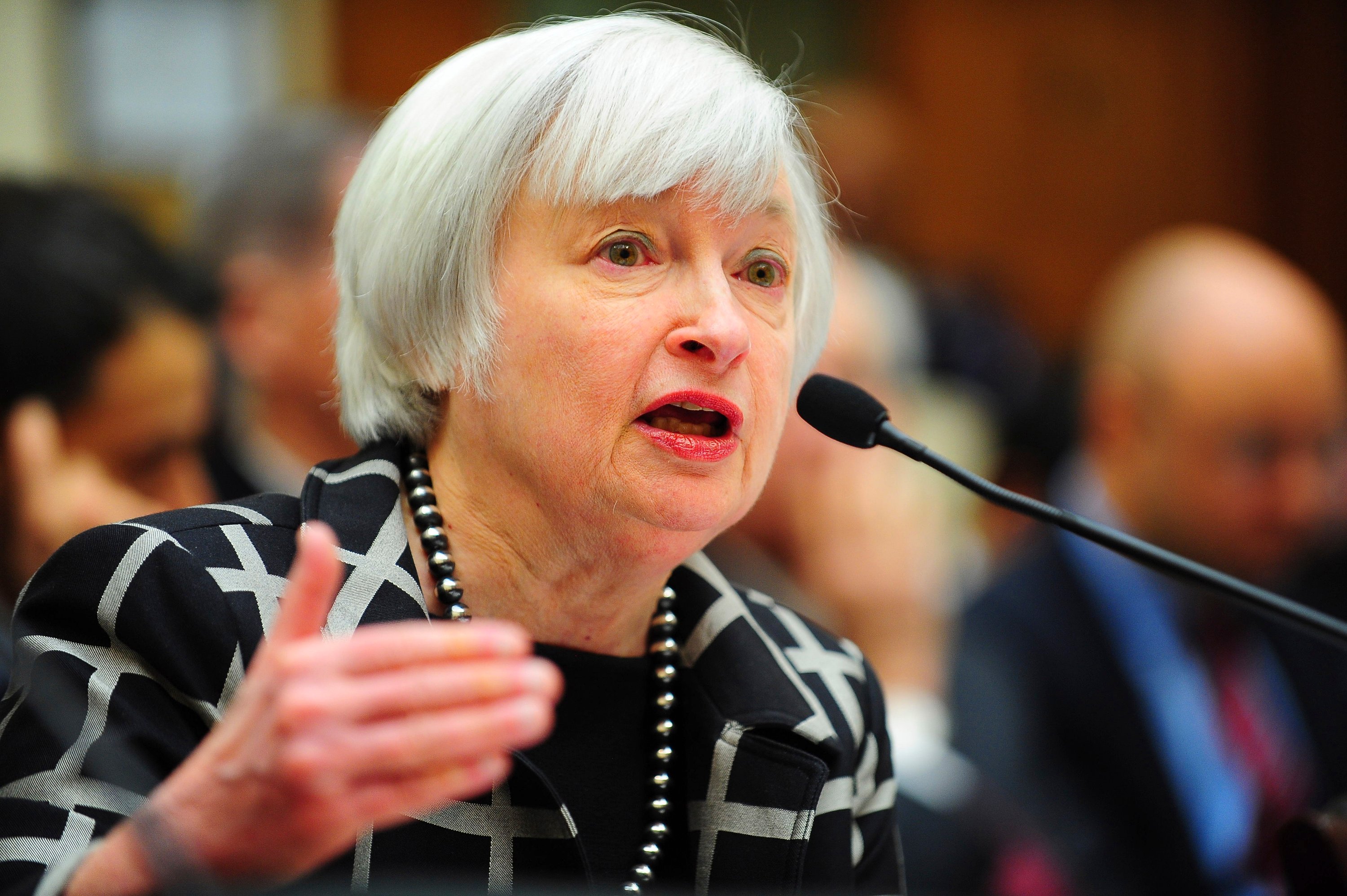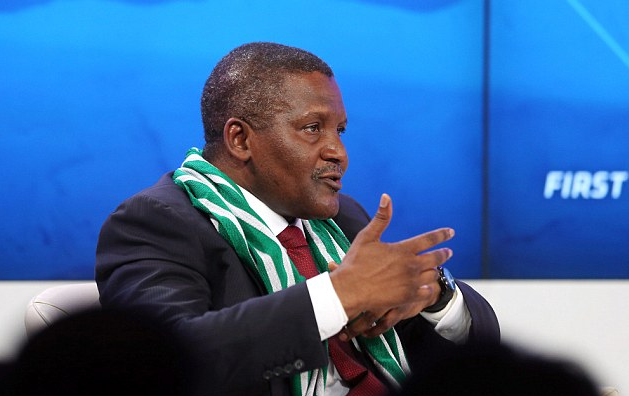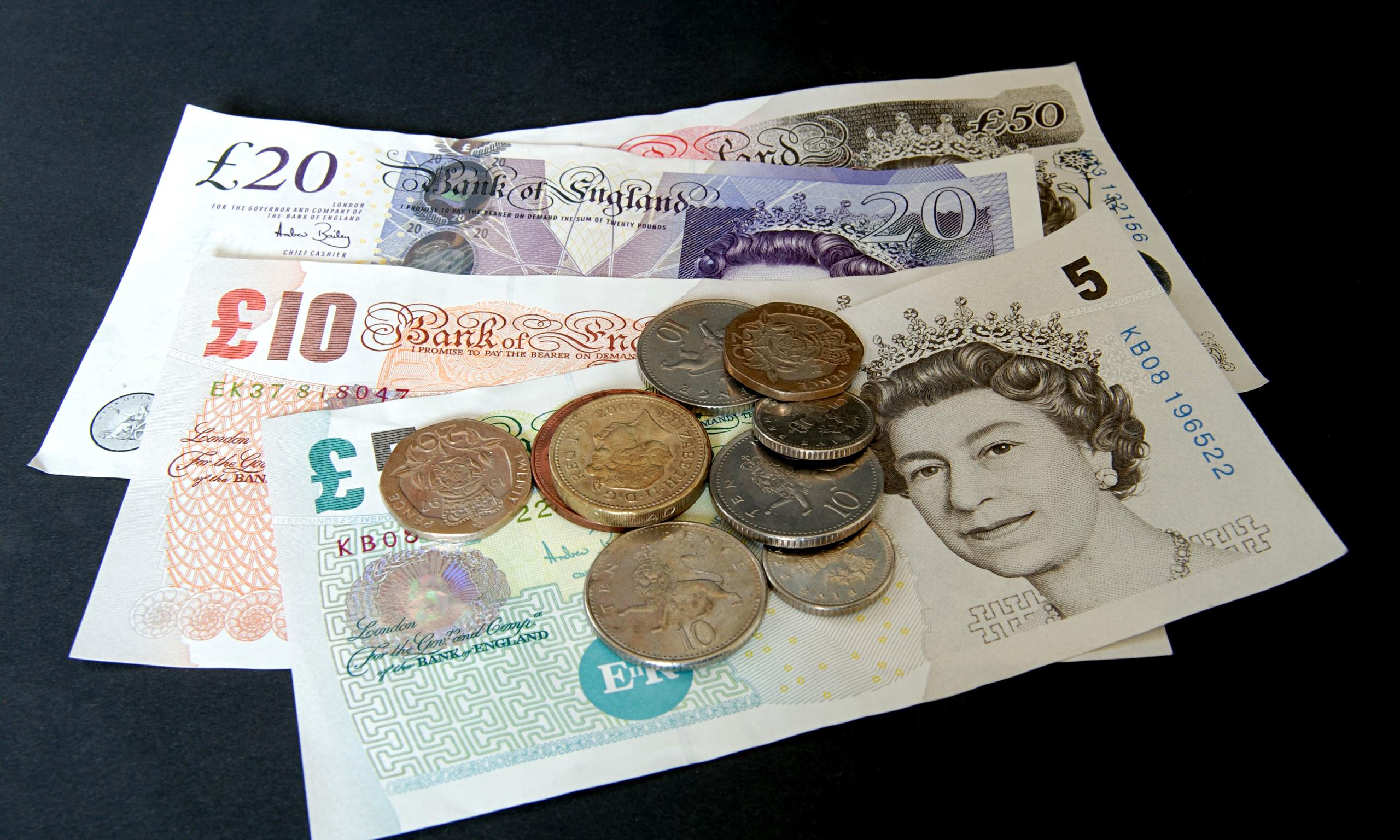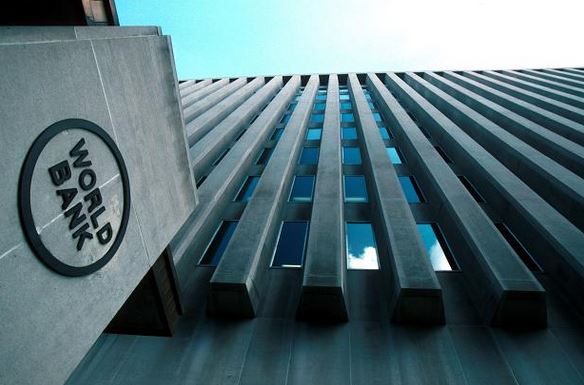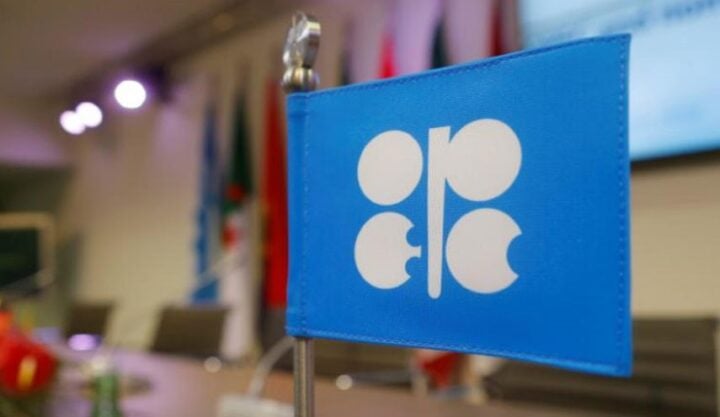With the absence of any top tier news and the markets waiting for further indications on the Fed’s policy when Janet Yellen testifies before Congress on Wednesday, investors and traders are currently in ‘wait and see’ mode.
The week kicked off with most major asset classes moving in tight ranges. The S&P 500 closed 0.1% higher on Monday, while U.S. Treasury yields fell slightly after rallying on Friday’s Non-Farm Payrolls report and the dollar index remained stuck in a very narrow trading range.
It seems we will have to wait for another day for volatility to resume. The two key events on Wednesday are Yellen’s semi-annual testimony and Bank of Canada’s monetary policy announcement. Dollar bulls are counting on the Fed Chair’s continued hawkishness, and whether she will provide more details on monetary policy becoming tighter. So far, she is still convinced that inflation weakness is temporary and expects that the sub 5% unemployment rate will eventually boost prices. However, it has been more than one year since the unemployment rate dipped below 5% and wage growth is still anemic, making it difficult for many investors to believe that interest rates will increase at the pace suggested by monetary policy makers. It will require more than retracting her latest FOMC statement to encourage bulls to jump in again, such as a more specific timing to unwind the $4.5 trillion balance sheet.
Given that other central banks have shifted towards a tighter stance, Bank of Canada’s meeting on Wednesday is going to be of great interest to traders. 13 out the 30 economists recently surveyed by Reuters expect the central bank to hike rates by 25 basis points tomorrow. If BoC joins the Fed this will not only boost the Loonie, but other major currencies as well, as investors will start to anticipate similar moves by the European Central Bank, Riksbank and the Bank of England. I suggest keeping a close eye on yield differentials as they will be the major factor impacting currencies for the foreseeable future.
Pound traders will get the chance to hear again from Andrew Haldane, BoE’s Chief Economist, later today. The economist who was usually on the dovish end of policymakers surprised the markets on 21 June when he joined the Hawks. Given that inflation in the U.K. breached the 2% target and the economy did not fall into recession, he thinks that beginning the process of withdrawing some of the stimulus measures provided last year would be reasonable. If he ignores the recent bunch of weak economic releases and continued supporting the idea of policy normalization, the pound will likely make another attempt towards 1.3, but a break above this psychological resistance requires strong labor data on Wednesday.
Add a comment
